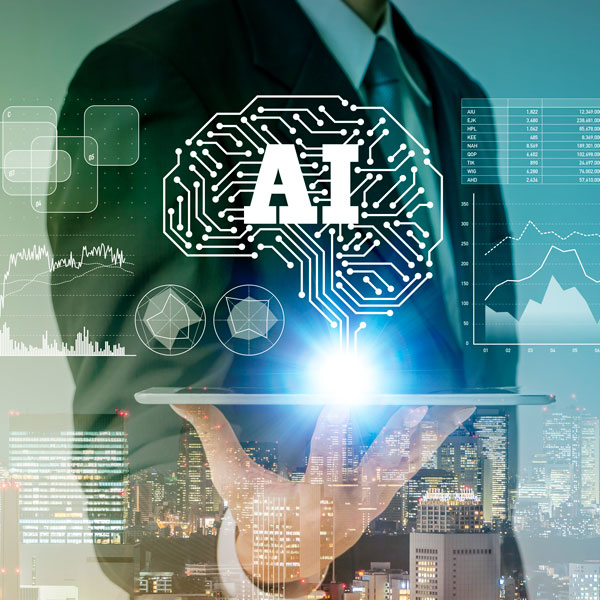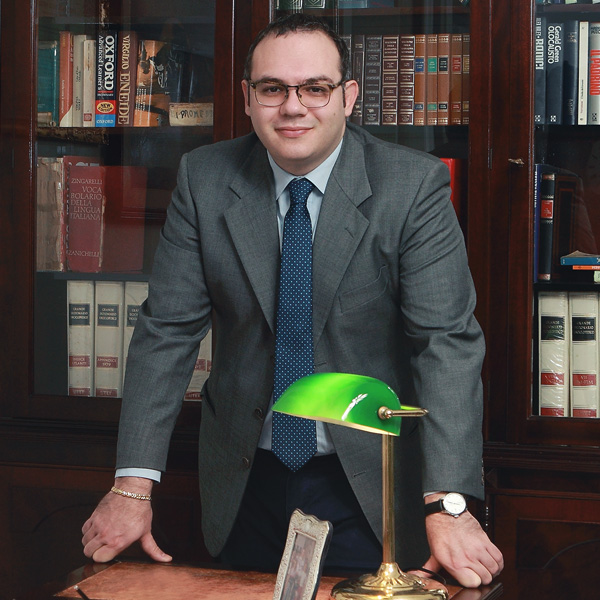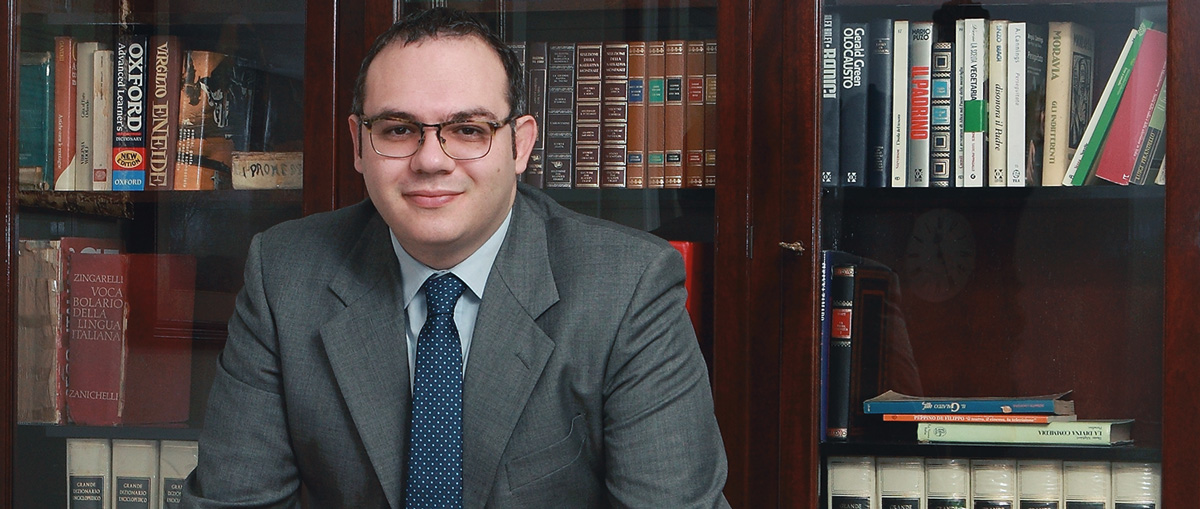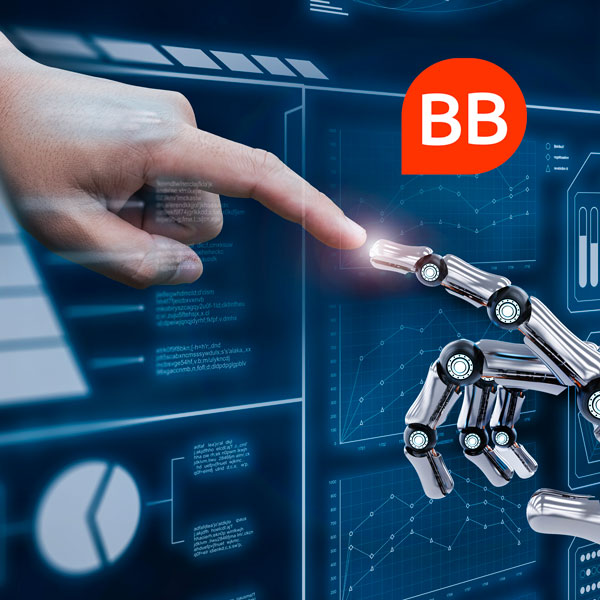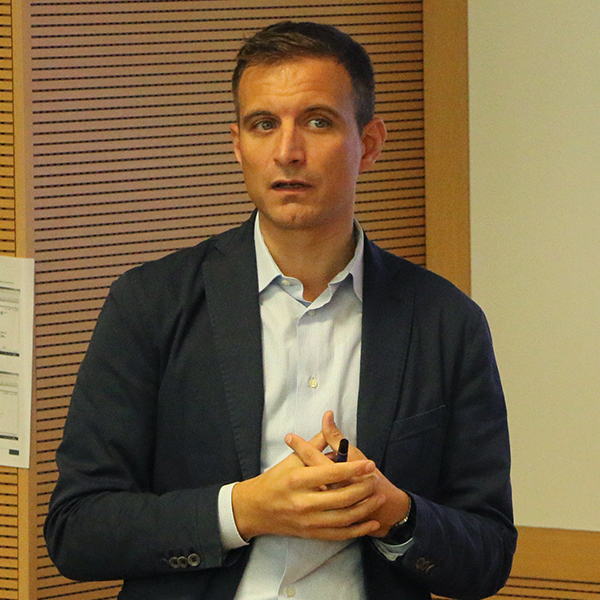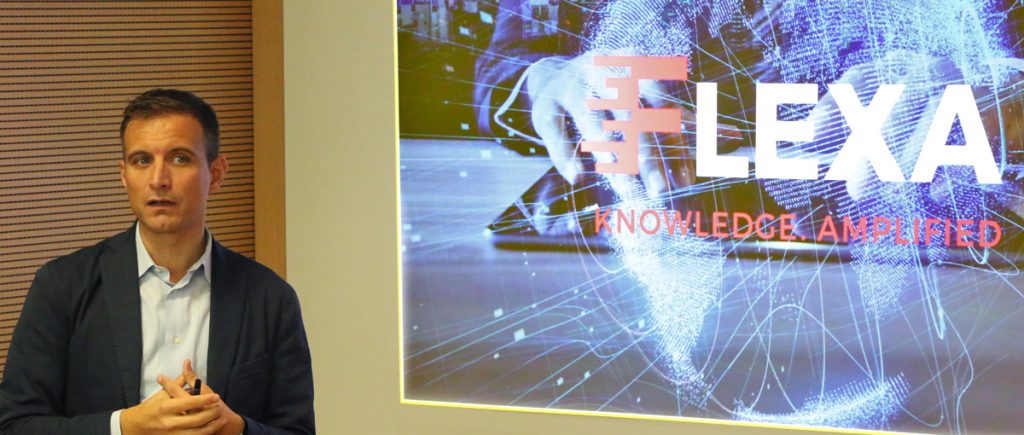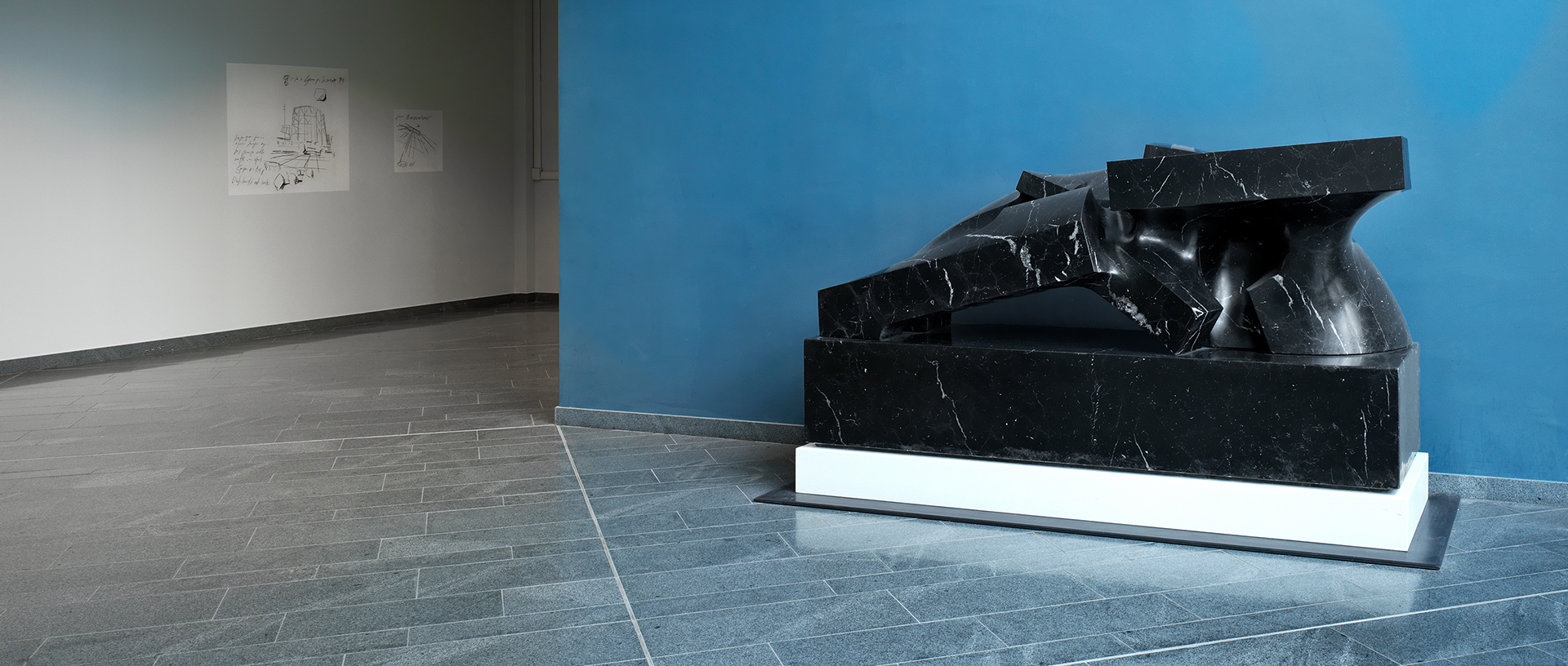
Another digital revolution is under way at Politecnico di Milano Graduate School of Business (MIP) with the arrival of the first release of FLEXA, an innovative, personalized continuous-learning platform and a digital mentor for students. MIP is using Microsoft AI services to power this platform that delivers personalized education recommendations to the next generation of executives and business decision makers.
Imagine a world in which learning was invented, for the first time, within today’s digital media environment. There would be no history of print influencing how courses were planned or textbooks were sold, no centuries of structure shaping how universities were designed. In such a thought experiment, we might reimagine how classes look, how long they last, and how they structure the information and interactions shared by professor and students. Instead, we might see the standard quarter or semester structure replaced by longer, more adaptive learning strategies that happen daily, weekly, or monthly, as determined by the needs of the student and the requirements of their chosen career.
A new learning model would also need to leverage a powerful content engine and artificial intelligence (AI) capable of adapting and assisting each individual student. Such is the dream of FLEXA, an approach to learning being pioneered at Politecnico di Milano Graduate School of Business (MIP) in Milan, Italy.
Customized and personal
Planning for FLEXA began in 2016 when Federico Frattini, professor at MIP and director of the MBA and Executive MBA programs, began thinking about the next wave of digital technologies that could advance executive learning. In doing so, he realized that some unanswered questions remained about how to most effectively use digital technology in education. First, Frattini notes, there is an “opportunity to personalize the journey for our students undergoing long programs like an MBA, Executive MBA, or a specialist Master’s degree. Beyond in-program personalization, digital technology also offers the possibility for providing continuous learning over time for our alumni community, and that’s something shared by many other schools.” FLEXA offers students many features, including networking opportunities and exposure to companies registered on the platform that can promote talent acquisition initiatives. “FLEXA is a great tool for becoming more cognizant with the needs of our students,” says Frattini.
The crux of FLEXA begins, Frattini explains, with “a diagnostic tool that evaluates the student’s hard, soft, and digital skills, then uses Microsoft AI services to create personalized learning pathways that can be very short one-day paths or longer six-month paths. It can suggest physical and digital content customized to the experiences of each student, alumnus, or prospective students, designed to close their skills gaps.”
It works like this: Students sign in to the system using their MIP accounts, whereupon they take the assessment of their various skills—hard, soft, and digital. “The hard skills section,” Frattini says, “is a self-assessment based on the experience they have gained in their career or studies, covering a number of dimensions of competencies that are relevant for tomorrow’s jobs. Then they will take tests for the soft skills and digital skills. They will be asked to indicate where they expect to be in their career in three years’ time. So, in terms of financial expectations, they will be working on the kind of role they would like to take on.”
From there, students can access their dashboard where they can find their skills profile and see their strengths and their gaps, all depending on the career aspirations they have previously identified. Students determine how much time they’d like to spend to deepen their knowledge surrounding those areas, and FLEXA leads them along the path to filling their skills gap efficiently. Frattini explains, “Imagine having a personal mentor supporting you day-by-day along your career path. Imagine that this mentor were to recommend the right content in order for you to keep up-to-date and be able to close the gap between your current skills and those needed to achieve your career goals. This is FLEXA.”
Working with Microsoft
This is where Microsoft AI comes in. For any given combination of hard, soft, and digital skills, and for the specific aspirations of any individual student, there is a wealth of content that could be useful. Some of these items can be read in 10 minutes, some in 20, and some require more time. The AI can recognize and categorize the content appropriately and make recommendations accordingly. FLEXA might recommend attending an advanced marketing course at MIP, then follow with recommendations for three specific book chapters because they touch on a particular skills gap. These recommendations evolve over time. Frattini notes that, “FLEXA takes into account the feedback of other users on the platform that are using the same content. It also considers how relevant the content is to a student based on other profiles similar to that student’s in terms of overall career aspirations.”
For such an ambitious goal, the cooperation and technology of Microsoft were critical. Frattini is clear that, “there was no other partner with whom we could have done a project like this. The vision, the passion, the support of Microsoft Italy—the relationship was very positive, and fun.”
The possibilities with such a system are incredibly exciting. It can be integrated into curriculum goals. Frattini offers an example: “Say I’m a professor interested in the applications of blockchain. I can launch a challenge on FLEXA, whereby I ask three teams of five people to prepare a video sharing their experience and knowledge about how to use blockchain in the food sector. The three teams are created on FLEXA. They take part in the game and the team producing the best video will be selected by the faculty. We have the video included in FLEXA’s datalink and it can be sent to other users.”
At the same time, given the assessment tool, FLEXA provides a granularity of information regarding the actual needs of students, and those needs can be communicated to faculty in order for them to optimize course and lesson plans to best benefit their students.
Into the future
The FLEXA pilot launched in the last quarter of 2018, and already the team at MIP has ideas about how to evolve its operations and develop future iterations of the platform. Reimagining how to serve students in a digital age takes time, after all, and a willingness to innovate and take risks, and to use new technology to rethink old methods. The ingenuity on display by the MIP team and the power of Microsoft AI makes FLEXA a project to watch, as these sorts of experiments may very well define the next decade of curriculum planning and educational excellence.
